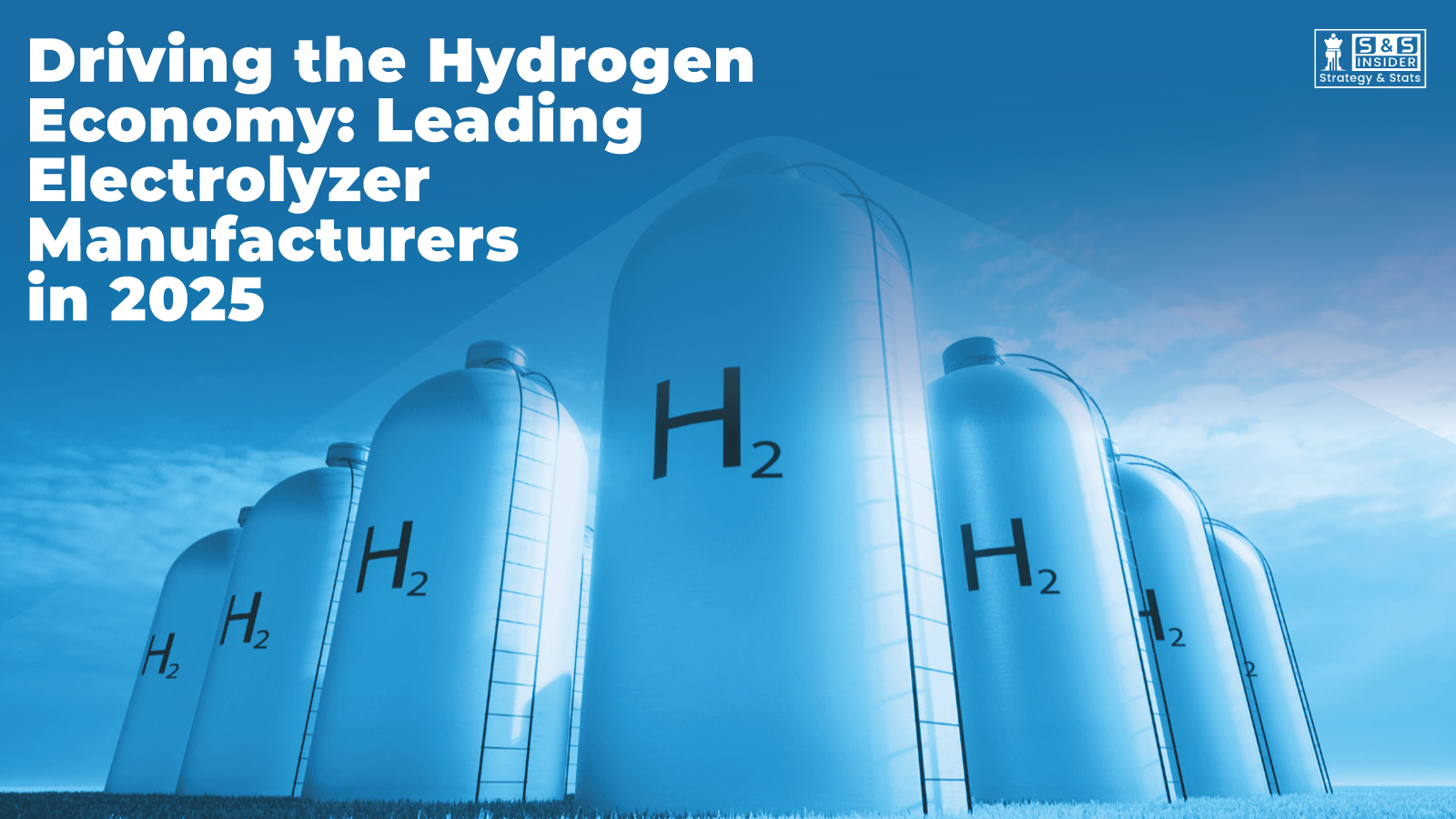
Hydrogen is rapidly moving from niche pilot projects into industrial-scale deployment, and electrolyzer manufacturers sit at the center of that shift. Hydrogen Electrolyzers are devices that split water into hydrogen and oxygen using electricity, come in different flavors and each vendor is carving out specific strengths, such as gigawatt-scale manufacturing, modularity for distributed hydrogen, or specialized stacks for industrial use. Below is a concise guide to ten leading electrolyzer companies shaping the market today.
The Leading Companies in the Industry are:
Nel Hydrogen
Norway’s Nel is one of the longest-standing pure-play hydrogen companies, offering both alkaline and PEM electrolyzers and focusing on scale-up and project delivery globally. Nel has pushed into large projects and offshore demonstrations while reporting steady commercial activity and capacity investments as it shifts toward larger-scale deployments.
Siemens Energy
Siemens Energy has moved fast to industrialize electrolyzer manufacturing, leveraging its Silyzer PEM technology and expanding factory capacity (including a Berlin production facility) to target gigawatt-scale demand. The company’s focus is on large utility and industrial decarbonization projects and integrating electrolyzers with power systems at scale.
thyssenkrupp nucera
Thyssenkrupp Nucera (formerly thyssenkrupp Uhde Chlorine Engineers’ electrolyzer business rebranded) specializes in large alkaline electrolysis plants for industrial hydrogen, with experience in integrated plant engineering and delivering multi-MW to GW projects. The firm has reported growth but also recently adjusted its project focus in some markets to concentrate on commercially viable opportunities.
John Cockerill
Belgium’s John Cockerill Hydrogen brings decades of hydrogen experience and focuses on pressurized alkaline electrolyzers and turnkey solutions including balance of plant and hydrogen gas treatment. The company targets industrial customers, such as ammonia, refining and heavy industry with packaged, high-pressure systems.
Plug Power Inc.
Originally known for fuel cells, Plug Power has aggressively diversified into green hydrogen production, developing PEM electrolyzers and securing multi-GW supply deals and partnerships. The company is scaling production and pursuing integrated projects, starting from electrolyzers to hydrogen distribution and refueling, for serving freight, mobility, and industrial customers.
Enapter
Enapter focuses on AEM (Anion Exchange Membrane) electrolyzers, which is a technology positioned between alkaline and PEM in cost and performance, and emphasizes modular, stackable units suited for distributed and off-grid hydrogen generation. Enapter has been growing its product line and securing commercial orders in Europe and beyond.
HydrogenPro
HydrogenPro (Norway) supplies large-scale alkaline electrolyzer modules and designs complete hydrogen plants. The company is expanding manufacturing capabilities, developing electrode production lines, and reporting project orders for industrial hydrogen applications across Europe.
ITM Power
A UK pioneer in PEM electrolysis, ITM Power develops modular PEM systems suited for grid-interactive and industrial use, from small containerized units to multi-MW modules. ITM’s product portfolio targets rapid ramping and integration with variable renewables.
Sunfire GmbH
Sunfire (Germany) focuses on high-temperature solid oxide electrolysis (SOE) and also supplies PEM and alkaline solutions via partnerships. Its SOE approach targets high electrical-to-hydrogen efficiency, especially when integrated with waste heat or industrial heat sources, making it attractive for certain industrial decarbonization pathways. (Sunfire’s product strategy emphasizes efficiency for hard-to-abate sectors.)
McPhy Energy
McPhy (France) supplies alkaline electrolyzers and hydrogen refueling and storage systems, aiming at industrial, mobility and energy-storage customers. The company focuses on modular systems and has pursued strategic partnerships to deliver station-based and larger electrolyzer installations.
What the Future Holds for the Hydrogen Electrolyzers Industry:
As the world works toward decarbonization, hydrogen, especially “green hydrogen” made via electrolysis powered by renewable energy, is seen as a critical part of the clean energy transition. The electrolyzer segment in particular is poised for rapid growth, but its future will be shaped by a number of technological, economic, regulatory, and infrastructure factors. Below are key trends, projections, and challenges likely to define the trajectory of this industry in the near to medium term (2025-2040) and beyond.